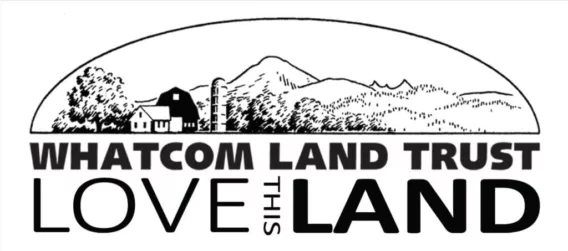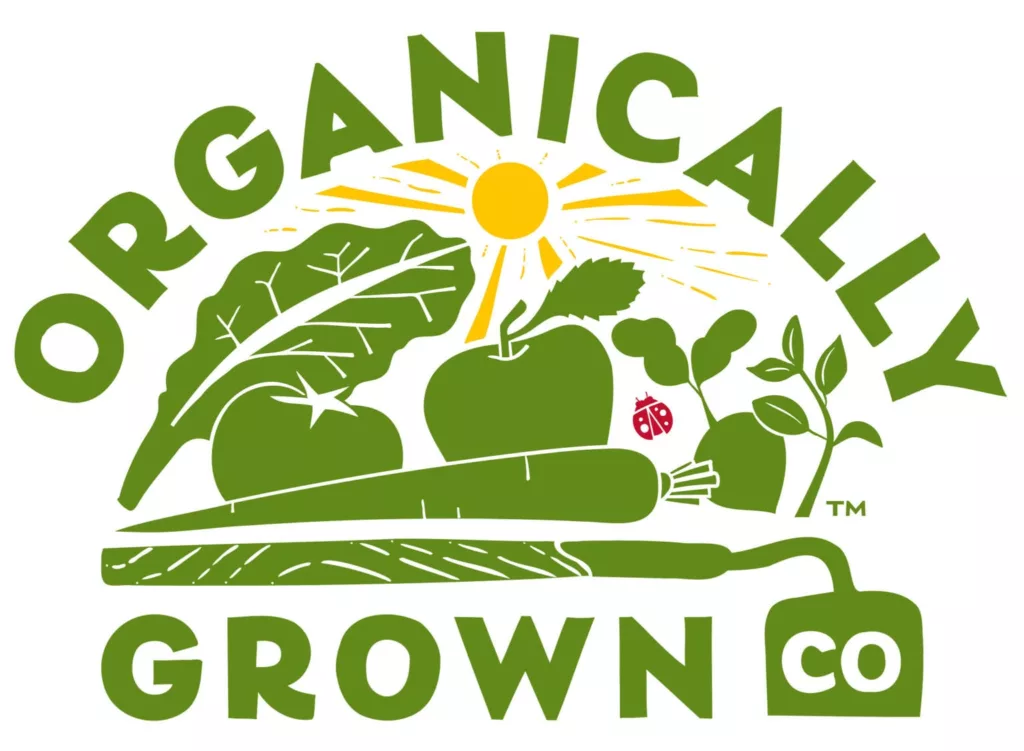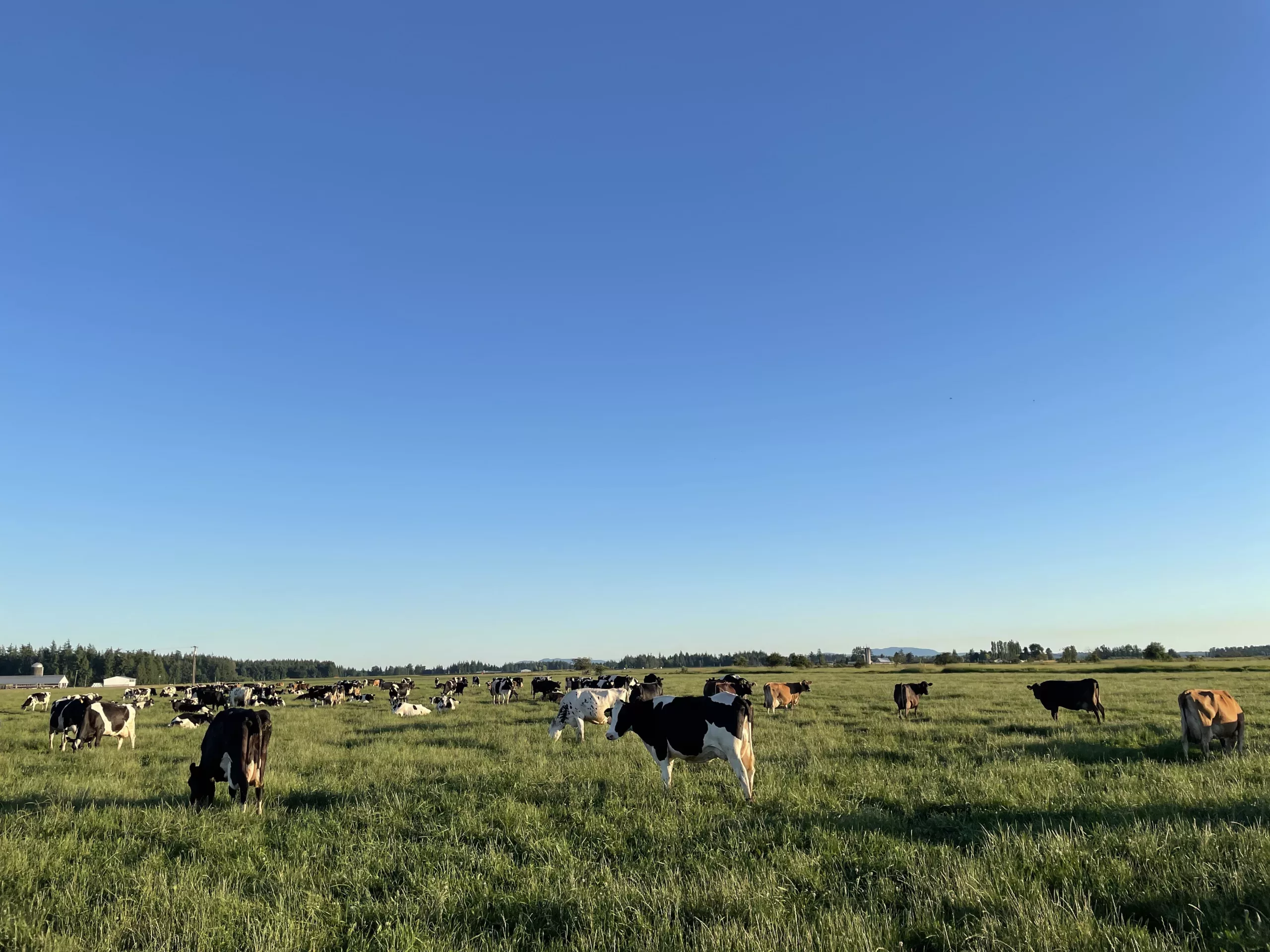
Farm Fund
Community Food Co-op’s Farm Fund works to increase the supply of local, sustainable, and organic food by supporting projects that strengthen the local farming community. Since 2000, the Co-op has dedicated a portion of its annual donation budget to the Farm Fund.
The Co-op Farm Fund has provided over $725,000 to 139 local food and farming projects through grants, loans, scholarships, and emergency funds.
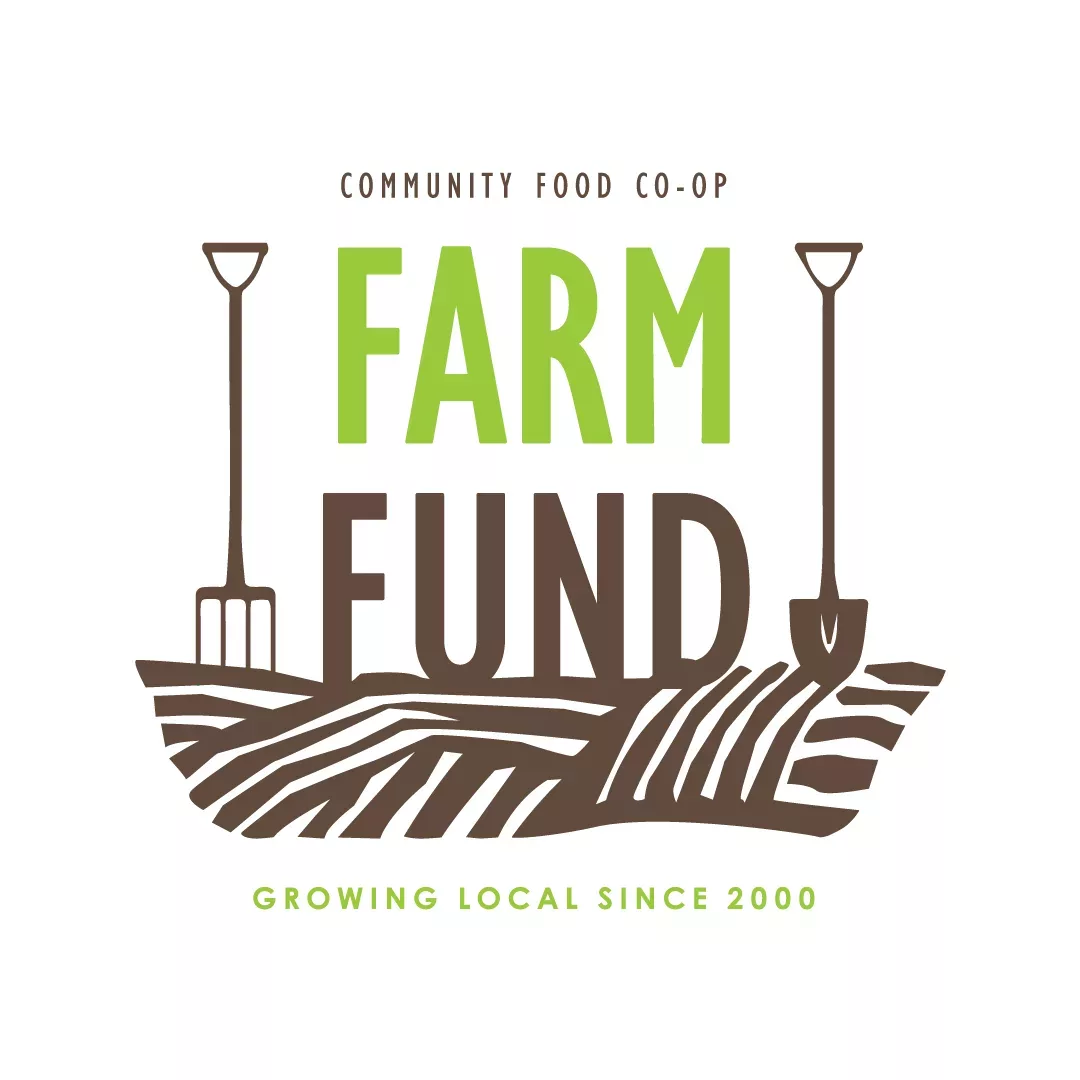
Be a Farm Funder!
Co-op members have played a critical role to the success of the Farm Fund by donating at the registers and online. Additional support for the Farm Fund is provided by the Sustainable Whatcom Fund of the Whatcom Community Foundation and the Industrial Credit Union.
You can help support and strengthen our local farming community. It’s easy!
Learn more about the Farm Fund’s history of success and help us grow the Farm Fund for even more local, organic, and sustainable food!
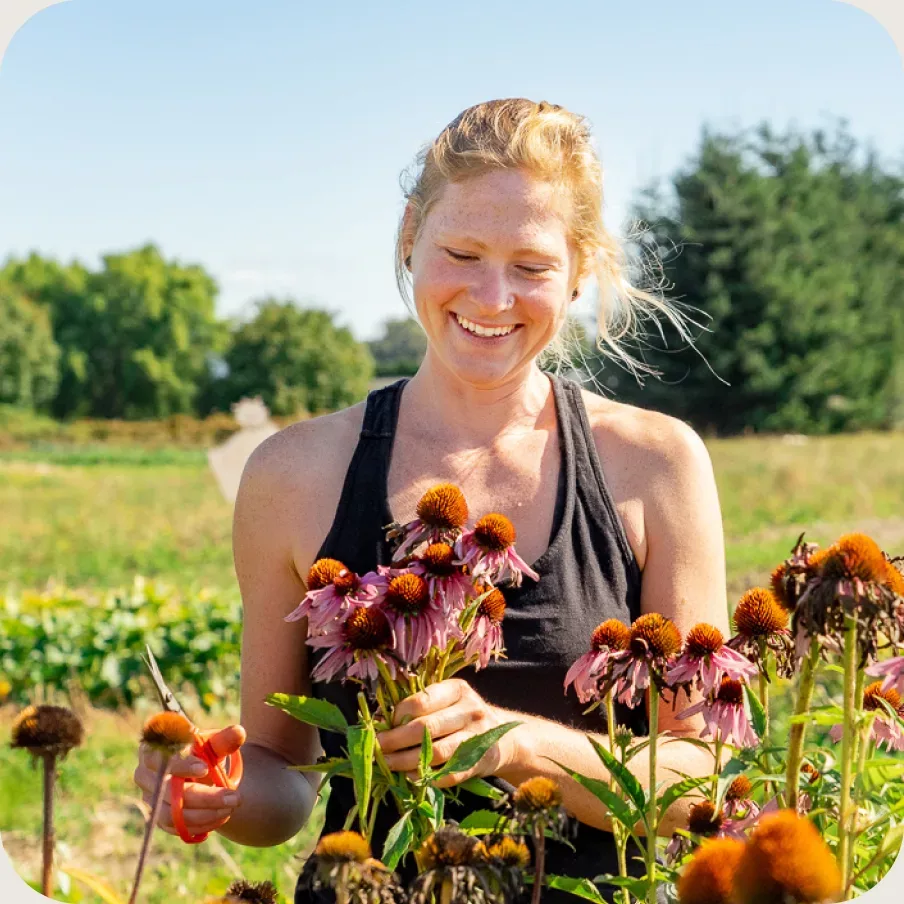
Farm Fund Recipients
Get to know a few of our Farm Fund recipients over the years including, but not limited to, Viva Farms, Ebb & Flow Herb Farm, and Brittle Barn Farms.
Co-op Farm Fund Grants
The Farm Fund is accepting First Step and Next Step Grant applications until February 28, 2025. Please review the information in the application.
First Step Grant
The First Grant program distributes a limited number of grants of up to approximately $3,000 for projects that address immediate and critical farm needs, flood recovery, and market expansion. Priority consideration is given to farmers who face systemic barriers.
Apply online using the links above or download the application materials here: First Step Application, Solicitud de subvención del primer paso del Fondo Agrícola.
Next Step Grant
The Next Step Grant program is designed to support local farmers who want to expand their business to supply wholesale markets. Next Step accepts proposals for grants of $1,250 to $5,000. Priority consideration is given to farmers who face systemic barriers.
Apply online using the links above or download the application materials here: Next Step Application, Solicitud de subvención de Siguiente Paso del Fondo Agrícola.
For questions or more information, contact the Farm Fund Administrator, Annabelle Wesley, at [email protected] or 360-734-8158 ext. 317.
Farm Fund Committee
The Farm Fund is guided by a volunteer advisory committee of local farmers, food and farming advocacy groups, and Co-op members:
- Margaret Gerard – Co-owner/Operator, Sunseed Farm; Community Food Co-op Board director
- Erik Olsen – Owner, Well Fed Farm
- Jade Vantreese – Communications Manager, Non-GMO Project
- Hank Bertholf – Floral Department Head, Community Food Co-op
- Mike Finger – Owner, Cedarville Farm
- Madeline McGonagle – Food Access Manager, Skagit Food Distribution Center
- Mauricio Soto – Owner, Arado Farm
Our Community Partners
Thanks to these organizations for supporting the Farm Fund:

